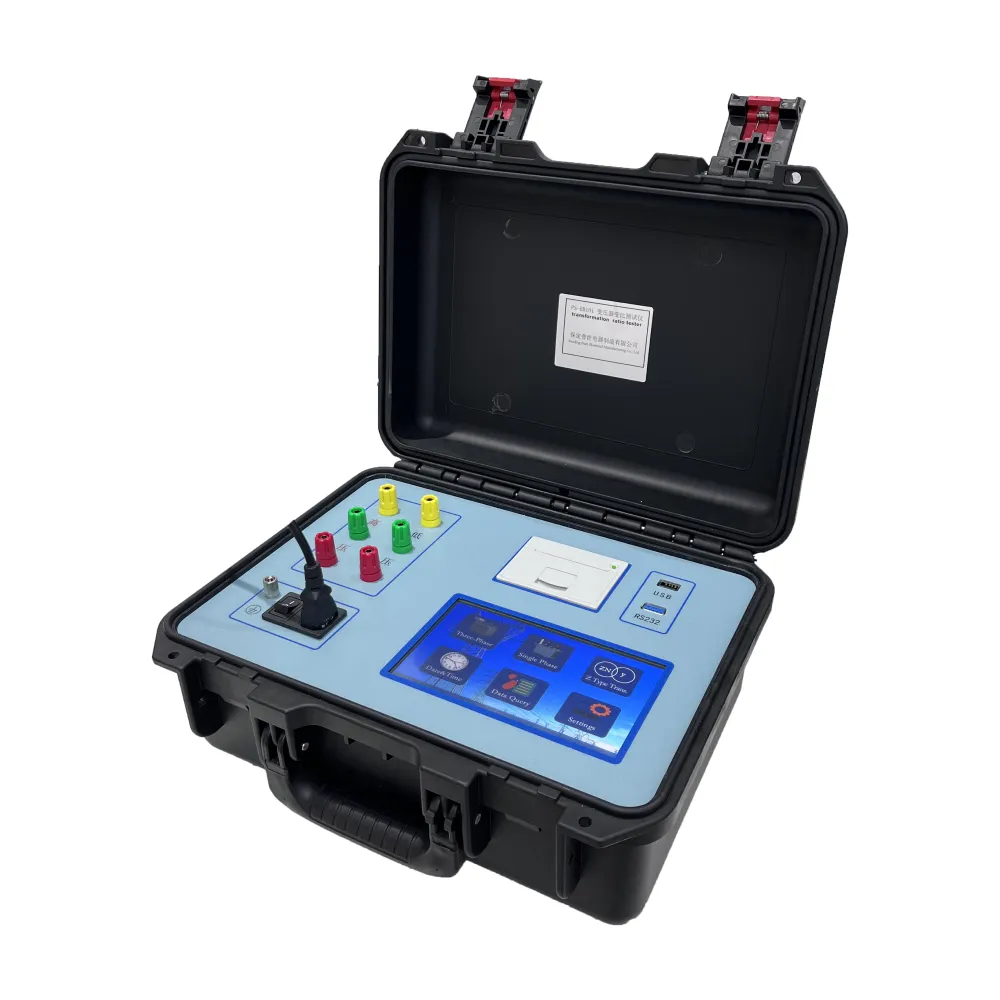 English
English


PV Insulation Tester - Reliable Testing Solutions for Solar Energy Systems
Understanding PV Insulation Testers Ensuring Safety and Efficiency in Solar Installations
As the world increasingly turns to renewable energy sources, solar power has become a leading choice for both residential and commercial applications. With the expansion of solar technology, the importance of ensuring safety and efficiency in these installations cannot be overstated. One critical tool in this effort is the photovoltaic (PV) insulation tester. This device plays a crucial role in maintaining the integrity and performance of solar power systems.
A PV insulation tester is designed to measure the insulation resistance of solar panels and associated wiring. These tests are vital to ensure that there are no faults or degradation in the insulation that could lead to electrical hazards such as short circuits or fires. Typically, these testers apply a high DC voltage to the insulation and measure the resultant current flow. The resulting insulation resistance is then calculated, providing an indication of the quality and safety of the electrical insulation.
Importance of Insulation Testing
The need for insulation testing becomes particularly evident during the installation phase of a solar power system, as well as during routine maintenance. Poor insulation can lead to significant energy losses, decreased efficiency, and increased risks of electrical breakdown. For instance, moisture intrusion or physical damage to the modules can compromise insulation, thereby creating pathways for current leakage. This can not only affect system performance but also pose severe safety hazards to homeowners and technicians alike.
Regular insulation testing with a PV insulation tester allows for early detection of these issues before they escalate into more severe problems. By identifying and addressing insulation weaknesses promptly, system owners can enhance the reliability and longevity of their solar installations, ultimately leading to better performance and financial returns.
pv insulation tester

Features of a PV Insulation Tester
Modern PV insulation testers come equipped with a range of features that enhance their usability and effectiveness. Many models offer multiple testing voltages, allowing users to tailor the test conditions to match different components of the solar power system. For instance, testing voltage options might include 250V, 500V, and 1000V DC, catering to various insulation resistance requirements.
Moreover, advanced models may feature digital displays that provide clear, real-time readings of insulation resistance values. Some testers also come with data logging capabilities, enabling users to store and analyze results over time. This feature is invaluable for maintenance records and can assist in identifying trends that may indicate deteriorating system performance.
Conclusion
In summary, PV insulation testers are an essential component in the maintenance and operation of solar power systems. By ensuring that insulation remains intact and effective, these devices protect both the safety of users and the efficiency of solar installations. With the growing adoption of solar energy, the role of PV insulation testers will become increasingly significant. They not only help in maximizing energy output but also in ensuring that renewable energy remains a safe and viable power option for future generations. Regular testing should not just be an afterthought but an integral part of the lifecycle management of solar power systems. Investing in a quality PV insulation tester is an investment in the safety and efficacy of solar energy utilization.
-
Differences between open cup flash point tester and closed cup flash point testerNewsOct.31,2024
-
The Reliable Load Tap ChangerNewsOct.23,2024
-
The Essential Guide to Hipot TestersNewsOct.23,2024
-
The Digital Insulation TesterNewsOct.23,2024
-
The Best Earth Loop Impedance Tester for SaleNewsOct.23,2024
-
Tan Delta Tester--The Essential Tool for Electrical Insulation TestingNewsOct.23,2024





